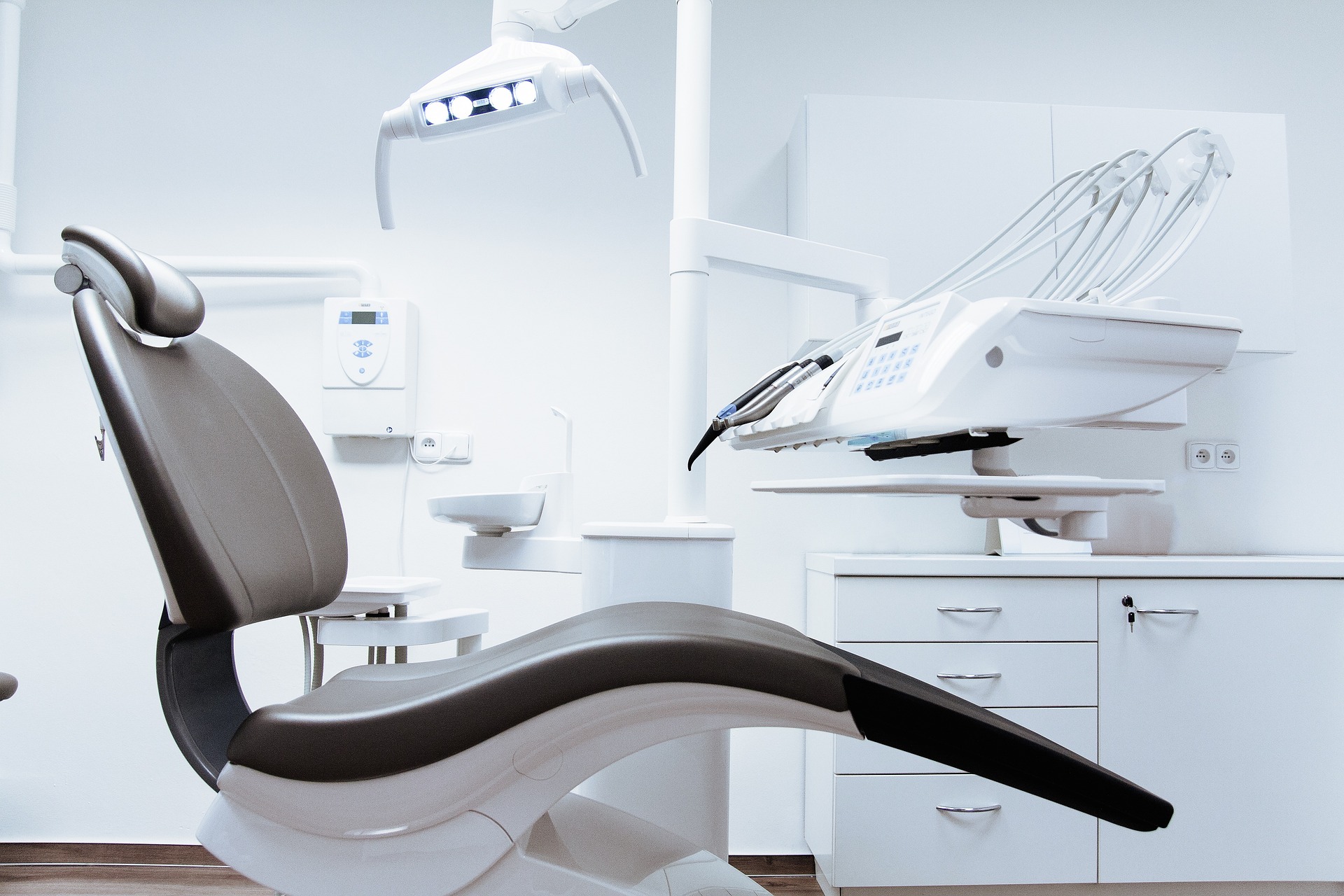
AI is changing the way we look at dentistry. This reduced the time required for procedures, costs and errors. AI provides systems with sufficient intelligence to perform, support, analyze, report and analyze tasks accurately in defined environments.
Ground-breaking technological advances are transforming the industry, delivering cutting-edge patient care and driving growth in unprecedented ways. We all dread going to the dentist, even though oral health is important. But thanks to technology, times have changed. The pressures brought on by the pandemic and changing patient preferences have helped dentists deliver the best. Here are some of the best innovations that are changing the way people look at dentistry.
Artificial intelligence
AI is changing the way we look at dentistry. This reduced the time required for procedures, costs and errors. AI provides systems with sufficient intelligence to perform, support, analyze, report and analyze tasks accurately in defined environments. This technology can support dental work for radiological interpretation, orofacial pain diagnosis, and facial examination in orthodontics, among others. AI's ability to provide a second opinion and ensure consistency is evident. The integration of behavioral and patient data with diagnostic and treatment data will ultimately set new standards of care and operational efficiency when it comes to AI in dentistry.
Robotics
As dentists seek precision and accuracy in confined spaces, robotics help dentists achieve these goals and achieve the best possible results. Robot-assisted dental technology makes invasive procedures less invasive and helps dentists achieve flawless procedures, avoiding unnecessary incisions and streamlining the patient's recovery process. Robotic systems currently in use provide precise guidance during surgery using robotic haptic technology. They prevent extraction or drilling beyond the recommended depth and ensure that the surgeon avoids critical structures such as nerves or sinus cavities. Robotics helps dentists achieve successful results in complex cases that may be difficult or impossible to manage manually. With the help of robotics, dentists can achieve unprecedented success in procedures and reduce the risk of implant failure.
Regenerative dentistry
Dental restoration is a cell-based regenerative treatment for missing or damaged teeth and has long been considered a promising treatment option, especially for patients with advanced dental disease. In particular, it is about regenerating teeth using the patient's autologous stem cells. In the future, this procedure can replace any missing or damaged natural teeth. Restorative dentistry can save many lives. The development of new treatments for tooth regeneration is a key research area in this area. In addition to the rehabilitation process, this technology can also improve the appearance of the mouth.